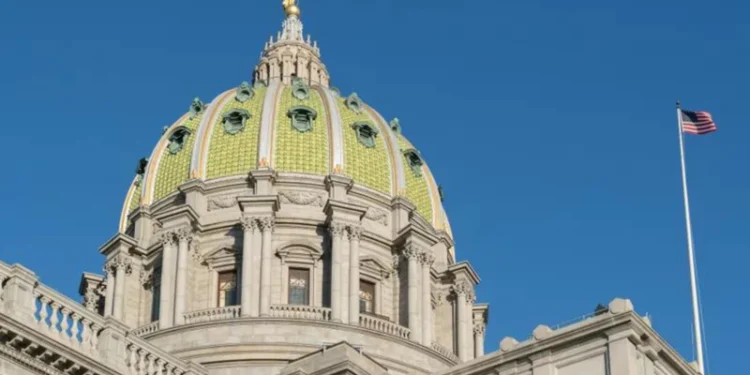Pennsylvania Budget Negotiations Show Wide Partisan Divide
This Article Includes
Democrats Propose Major Education Funding Plan Reform Amidst Budget Deadlock
Pennsylvania’s budget is set to be due by June 30, but negotiations between Republicans and Democrats have hit a roadblock, as reported by Audacy. The recent meeting hosted by State Rep. Donna Scheuren in Harleysville highlighted the stark differences between the two parties. Democrats are strongly advocating for an education funding plan that seeks to address funding issues for cyber charter schools and provide an additional $728 million annually for seven years to comply with a court ruling. This plan would also classify districts such as Souderton Area School District as “low tax effort,” requiring them to contribute to a fund for other districts. However, this proposal is facing opposition from Republicans who are concerned about the financial strain it may cause during inflation.
The deadline for the Pennsylvania budget is approaching, and there is controversy surrounding the $728 million education funding plan. The disagreement centers around tax cuts and school reform, causing a clash between the GOP and Dems. A photo from the Ohio Capital Journal accompanies the article.
Souderton Superintendent and Political Factions Clash Over Pennsylvania Budget Impasse
Frank Gallagher, the Superintendent of Souderton, has come forward to defend the district’s position. He stated that if taxes had been raised in recent years, the district would not have been classified as having a “low tax effort.” The Republicans have argued that the Democratic bill was rushed through without their input, while the Democrats maintain that it is based on the bipartisan committee’s findings. The Republicans support a Senate-approved tax education funding plan that includes a $3-billion tax cut. Their aim is to lower personal income tax rates and eliminate the electricity gross receipts tax. As the deadline for finalizing Pennsylvania’s budget for the next fiscal year approaches, bridging these gaps remains a challenge.

